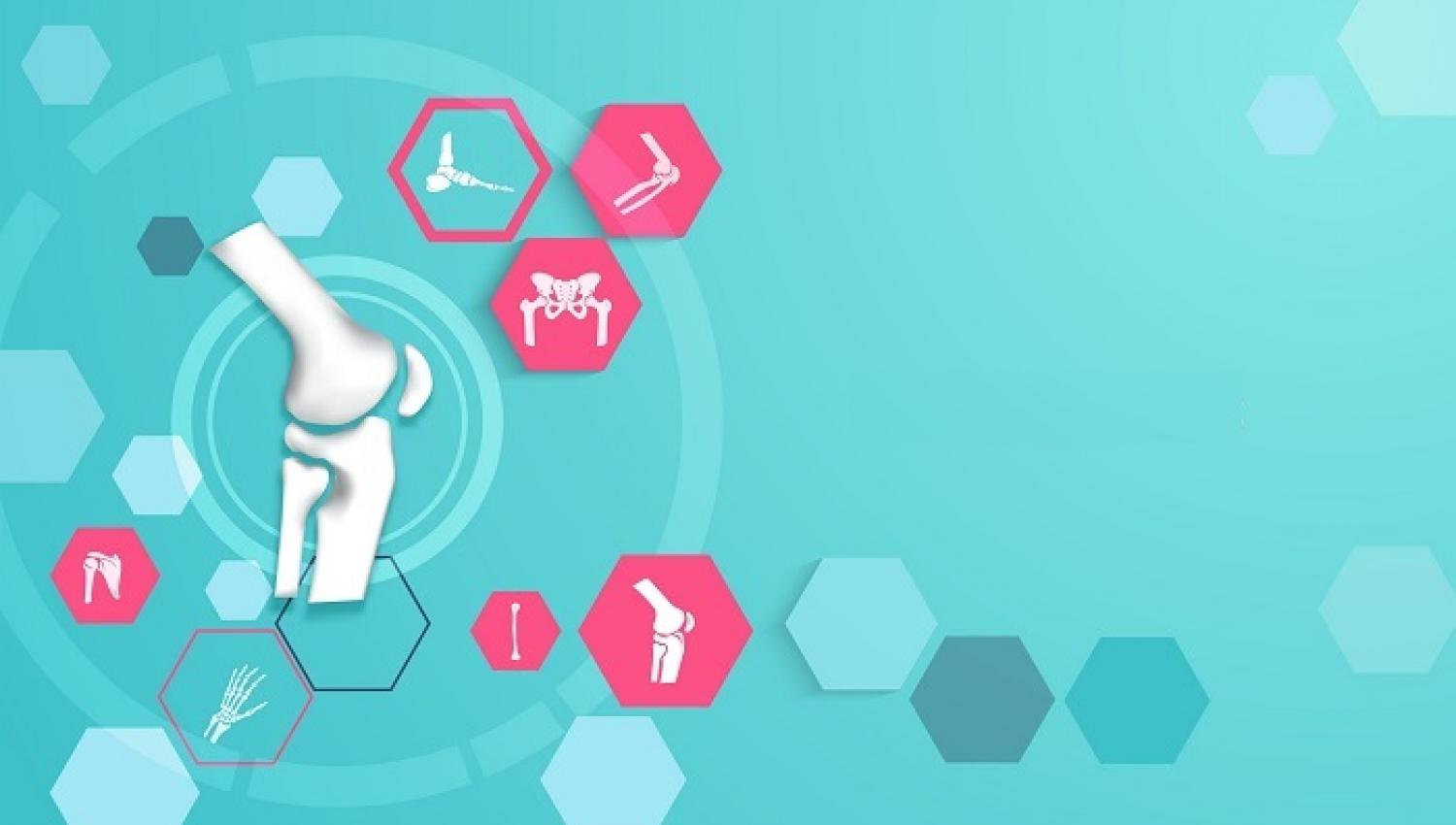Not Only Athletes Suffer from Meniscus Tears!
Yeditepe University Hospital Orthopedics and Traumatology Specialists point out that contrary to popular belief, the meniscus tear is a disease, not the meniscus itself, and that it is not only seen in athletes but can occur in all segments of society and at any age.
Menisci are defined as specialized cartilage supports and pressure-absorbing impact-softening structures between the bones that make up the knee joint, which are responsible for reducing the friction of the cartilage faces of the bones and distributing the loads on the joint in a balanced manner. In other words, they are extremely important in ensuring the continuity of knee movement and cartilage quality.
What is a Menuscus Tear?
However, the knee joint is one of the most frequently injured parts of the human body and meniscal tears in the knee are the most common reason for surgery. Moreover, contrary to popular belief, meniscal tears do not only concern athletes or people who play sports. They can occur at any age. Small tears that occur over time and do not cause pain can turn into large tears and become painful with a sudden load or a reverse movement. In physically active and younger people, these tears can usually occur after a sudden blow to the knee, sudden sprain, or fall. If a meniscus tear is not treated in time, damage to the articular cartilage of the knee can occur. As a result, pain, limitation of movement in the knee in the early period, and calcification problems may develop at a young age due to permanent cartilage damage in the late period.
Emphasizing that even small tears in the meniscus can cause serious problems, Yeditepe University Hospital Orthopedics and Traumatology Specialists point out that otherwise, the abrasions caused by these tears can cause irreversible cartilage damage. In parallel with the developments in joint surgery, meniscal tears can now heal in a short time and without any permanent damage, and even athletes can return to intense sports in a short time.
Manifested by Pain and Swelling
- A meniscus tear manifests itself with the following symptoms;
- Pain that becomes apparent during knee-bending movements such as climbing up and going down the stairs, using the toilet, and praying.
- Swelling or stiffness in the knee.
- Difficulty straightening the knee.
- A feeling of locking and snapping in the knee during movement.
- Stabbing pain on the inside or outside of the knee joint during walking.
Surgery is a Must for Advanced Tears!
The treatment of meniscal tears is shaped depending on the size of the tear. In the treatment of low-grade interlayer tears, methods such as rest, ice application and medication help relieve pain. In smaller tears, the knee joint can be supported with medication, painkillers, and bandages as well as exercises. In addition, PRP and stem cell treatments, which have gained popularity in recent years, are also successfully applied in small tears.
Stating that the solution for large meniscus tears is surgery, specialists said, "Today, with arthroscopic methods, only the problematic tissues are intervened with the help of cameras and very thin instruments by entering directly into the joint through two small holes as small as an eyelet, without damaging the surrounding tissues, without making large muscle incisions. For this reason, I would like to emphasize that patients' fears are unfounded." Since the postoperative period is very comfortable and painless, patients can stand up and walk the same day and return to daily life within a few days. If there is a partial tear in the meniscus, the stuck parts are cleaned, and if there is a single large tear, it can also be repaired with the closed method.
If there is a cartilage problem along with the meniscus tear, procedures for the cartilage can also be performed at the same time with the help of a camera. In addition, these problems can be solved by using advanced treatment methods such as cartilage transplantation and stem cell therapy.
"Life is Movement and Movement is Life"
With short-term rehabilitation after surgery, muscle strengthening exercises are performed to accelerate the recovery of the knee and patients can safely return to their sports activities within a few weeks.
Specialists say that "Life is movement and movement is life" and that patients should trust their doctors but should also request the necessary information about the treatment from their doctors. In this way, it will be possible for them to comply with the exercise programs to be given to them at every stage of the treatment and the recommendations of their doctors, and this is very important in the success of any medical treatment. "Do not be afraid of a meniscal tear, be afraid of the bigger and more important joint problems that may arise when left untreated," the specialists say.
”




